Fluency is an area I feel I can always learn more about. I have had a few fluency kiddos since my start in the schools 5 years ago and have a learned quite a bit from them. Here are some of the things I have learned:

1) Find out if your student is also receiving outside/private therapy for their fluency. Ask permission from parents and fill out any necessary release of information needed. See how they are performing, what strategies have been tried, what was successful and what was not. Collaborate if the best you can.
2) Fluency is more than just ‘fixing bumpy speech’. Working on those negative emotions and perceptions is a big part of the process. Talk to your student about their emotions, perceptions, situations they like and don’t like, etc. Let them draw the times that they feel they stutter more.
3) Observe your students in various settings. Watch how your student interacts in the classroom, the hallway, lunch, and playground. Are there times when they are more self-conscious than others. Are they displaying and new or different behaviors. Are they maybe forgetting to use their fluency strategies at critical times?
4) Incorporate real life speech situations in to your students speech therapy. Have them go down to the office and ask for a post-it. Have them call your school library from your office phone and ask if they have a certain book. Have them bring a note to a teacher that contains a questions that they will ask the student. If your student isn’t quite their yet and still needs reminders from you and their teacher to use their fluency strategies place a small card or picture on their desk that the teacher can tap to remind them to use those great fluency skills. Also, creating a secret signal that the teacher can use with the student has worked well in the past. My teachers like to use a quick little ear tug.
5) Educate the family. This can be just as challenging as working with your students. Send home literature about stuttering and follow that up with a phone call to answer any questions. Try and see if parents can come to talk about their concerns and/or questions. I know that can be extremely difficult with schedules, but it is always worth a shot.
What are some strategies or tips that you have when working with fluency students?









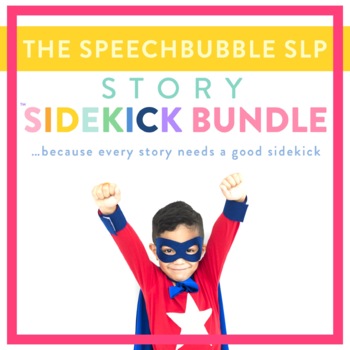
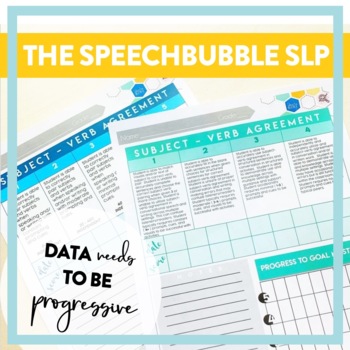
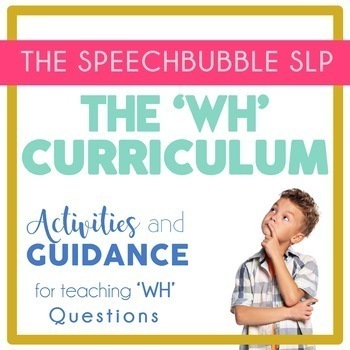


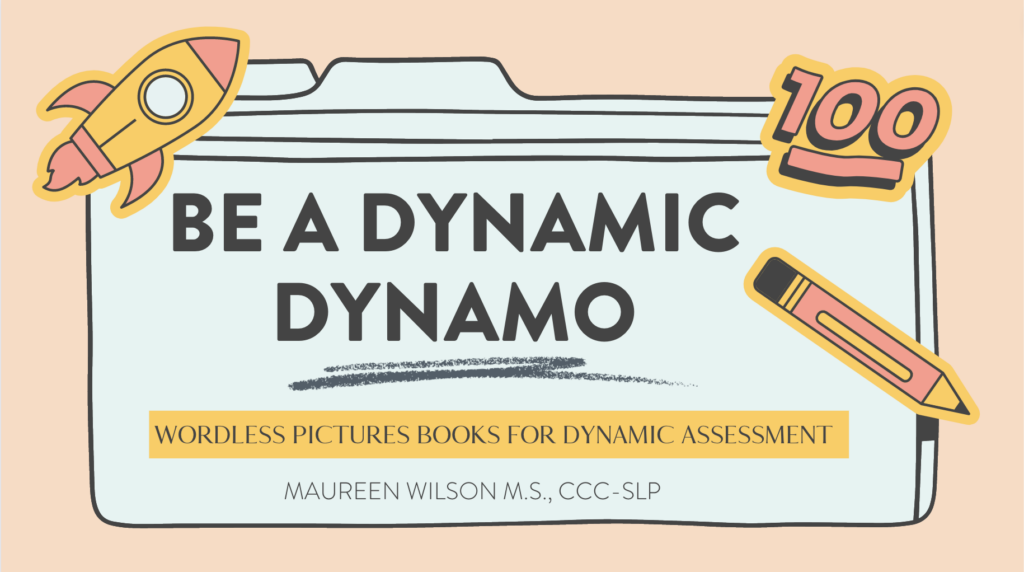
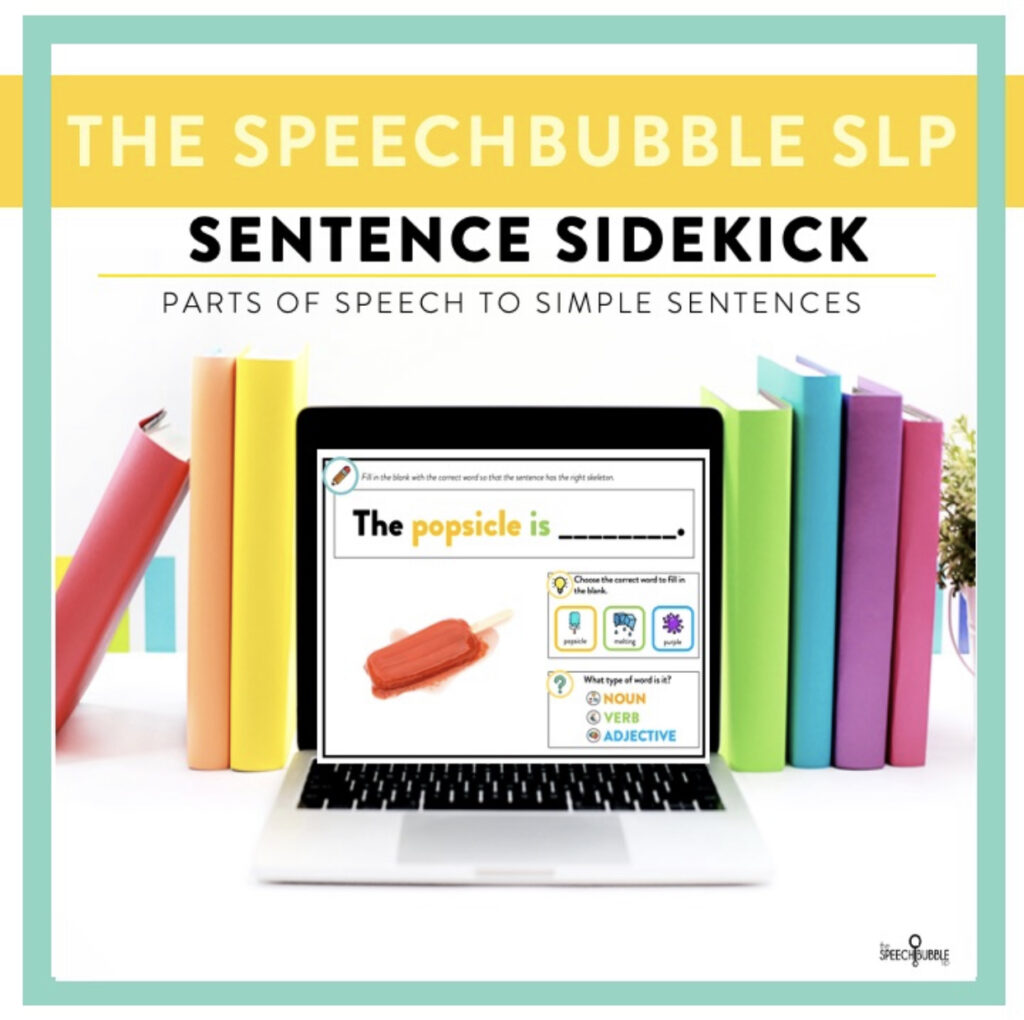
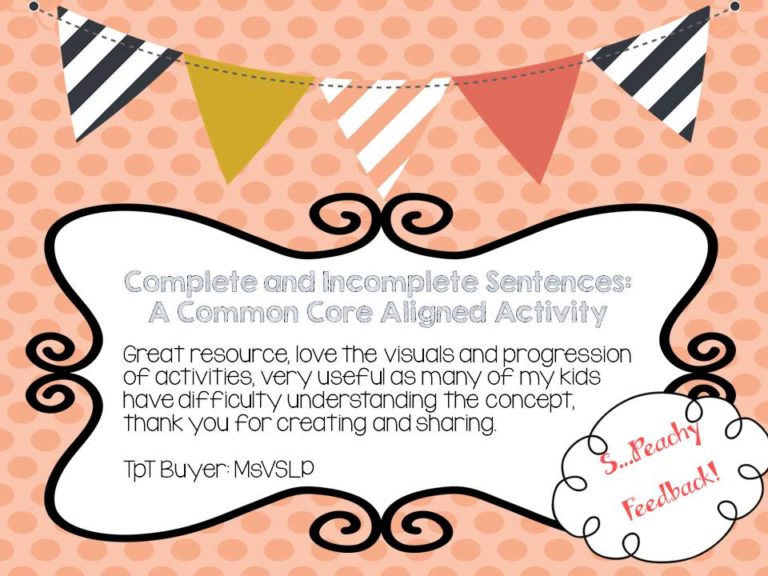




One Response